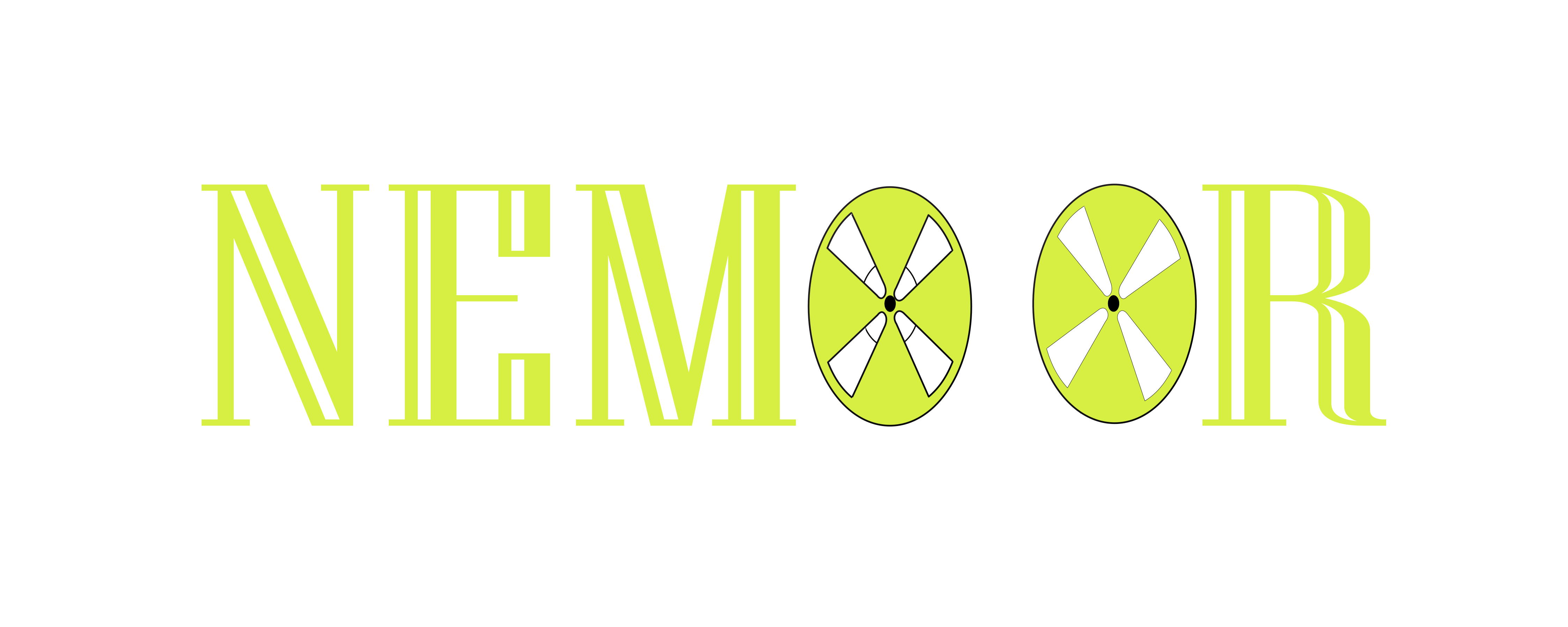Your Name: Identity, Connection and Mental Wellness in Makoto Shinkai’s Masterpiece
In the ever-evolving landscape of modern cinema, few animated films have captured the complexity of human connection and identity as profoundly as “Your Name.” This new movie phenomenon transcends typical animation boundaries, offering viewers a unique exploration of mental health themes rarely addressed in mainstream films. Watching this visually stunning masterpiece reveals layers of psychological depth beneath its romantic fantasy premise, making it worthy of serious analysis through a mental health lens.
Thank you for reading this post, don't forget to subscribe!Basic Film Information
Title: Your Name (Kimi no Na wa)
Release Date & Production Year: August 26, 2016 (Japan), 2016
Director: Makoto Shinkai, known for his visually breathtaking animations that often explore themes of longing, separation, and emotional distance. His distinctive style blends hyperrealistic backgrounds with emotional storytelling.
Screenwriter: Makoto Shinkai, who frequently incorporates themes of psychological isolation and connection in his work.
Main Cast & Characters:
- Ryūnosuke Kamiki (voice of Taki Tachibana) – A Tokyo high school boy struggling with identity and purpose
- Mone Kamishiraishi (voice of Mitsuha Miyamizu) – A rural girl experiencing depression and feelings of confinement
- Masami Nagasawa (voice of Miki Okudera) – Taki’s coworker and initial love interest
- Etsuko Ichihara (voice of Hitoha Miyamizu) – Mitsuha’s grandmother who provides spiritual guidance
Genre: Romantic fantasy drama with psychological elements
Awards won: Japan Academy Prize for Animation of the Year, Los Angeles Film Critics Association Award for Best Animated Film, among numerous others
Runtime & Rating: 106 minutes, PG (appropriate for most viewers, though some themes may require parental guidance for younger audiences)
Plot Summary
General Overview
“Your Name” follows two teenagers who mysteriously begin to swap bodies intermittently. Taki, a city boy from Tokyo, and Mitsuha, a girl from the rural town of Itomori, experience each other’s lives through this supernatural phenomenon. As they navigate this unusual situation, they leave each other notes and gradually form a profound connection despite never meeting in person.
Mental Health Themes
The film delicately addresses several mental health concepts:
- Identity dissociation and depersonalization
- Feelings of displacement and belonging
- Existential anxiety and purpose-seeking
- Grief processing and trauma response
- Rural isolation versus urban anonymity
Key Turning Points
When Taki attempts to meet Mitsuha in person, he discovers a devastating truth that transforms the narrative from a lighthearted body-swap comedy into a profound exploration of loss, memory, and emotional resilience. The film’s portrayal of Mitsuha’s initial feelings of entrapment in her small town reflects a common adolescent experience of feeling misunderstood and confined by circumstances.
Ending Analysis
Without revealing major spoilers, the film’s conclusion offers a nuanced perspective on healing and closure. It suggests that even when memory fails, emotional connections can persist, providing a hopeful framework for understanding how we process trauma and move forward. The film ultimately proposes that human connection serves as a powerful antidote to isolation and existential distress.
Setting & Cinematic Techniques
Filming Locations
The contrast between Tokyo’s bustling urbanity and Itomori’s serene rural landscape creates a visual representation of the characters’ psychological states. The rural setting inspired by real locations in Japan’s Gifu Prefecture embodies traditional values and community support systems, while Tokyo represents anonymity and independence, both with their respective mental health implications.
Cinematography
Shinkai’s signature visual style enhances the psychological dimensions of the story through:
- Radiant skies and celestial imagery symbolizing hope and transcendence
- Subtle color shifts that reflect emotional states (warm tones for connection, cooler tones for isolation)
- Intricate detail in everyday settings that grounds fantastical elements in relatable reality
- Reflective surfaces (water, glass, mirrors) representing self-perception and identity
Sound & Music
The soundtrack by RADWIMPS perfectly complements the emotional journey, with lyrics that directly address themes of connection and longing. The music transitions from energetic during body-swap sequences to haunting during moments of realization and loss, mirroring the characters’ psychological states. Notably, silence is also used effectively to emphasize moments of emotional impact.
Acting & Character Portrayal
Lead Actors’ Performance
The voice actors deliver remarkably nuanced performances, particularly in portraying the subtle differences when characters are experiencing life in each other’s bodies. Kamiki conveys Taki’s frustration and determination with authentic adolescent intensity, while Kamishiraishi brings depth to Mitsuha’s evolution from resignation to empowerment.
Supporting Cast
The secondary characters provide crucial context for understanding the protagonists’ psychological development. Mitsuha’s grandmother offers wisdom about cultural traditions and collective memory that becomes significant to the mental health themes, while Taki’s friends demonstrate different approaches to social connection in urban environments.
Accuracy & Authenticity
The film achieves an impressive balance between fantastical elements and psychological realism. While the body-swapping premise is supernatural, the emotional responses confusion, adaptation, and attachment are portrayed with remarkable authenticity. The depiction of adolescent insecurity and search for meaning resonates universally across cultural contexts.
Mental Health Representation: Strengths & Weaknesses
Psychological Accuracy
“Your Name” doesn’t explicitly reference clinical conditions but instead focuses on universal psychological experiences:
- The disorientation of the body-swapping serves as an effective metaphor for dissociative experiences
- The characters’ gradual attachment forms a compelling portrayal of emotional connection developing even through barriers
- Memory and identity are portrayed as interconnected but distinct aspects of psychological experience
Stigmatization vs. Awareness
The film’s greatest strength is its normalization of psychological struggles without pathologizing them. Characters experience profound emotions and existential questions without being labeled as “mentally ill,” which helps destigmatize common psychological experiences. However, some viewers might wish for more direct acknowledgment of mental health concepts.
Impact on Public Perception
“Your Name” has contributed significantly to normalizing discussions about psychological well-being in popular culture. By embedding these themes within a commercially successful film, it reaches audiences who might not seek out explicitly mental health-focused content, thereby broadening awareness.
Critical Reception & Awards
Critics’ Reviews
Professional critics widely praised the film’s emotional depth and visual storytelling. The New York Times called it “a wondrous film” that “celebrates the ability to connect and communicate,” highlighting its psychological nuance. Japanese mental health professionals have noted its sensitive portrayal of adolescent identity development.
Audience Reactions
Viewers with lived experience of displacement or identity issues have particularly connected with the film. Online communities have documented numerous accounts of how the film helped viewers articulate their own feelings of disconnection or inspired them to reach out to others.
Awards & Nominations
While not specifically honored for mental health representation, the film’s numerous animation and storytelling awards acknowledge its emotional authenticity. It became the highest-grossing anime film worldwide at its time of release, demonstrating its universal resonance.
Cultural & Social Impact
Discussions Sparked
“Your Name” ignited conversations about:
- The psychological impact of displacement and urbanization
- Intergenerational trauma and healing
- The role of cultural memory in personal identity
- The importance of human connection for mental well-being
Influence on Other Films
Since its release, numerous films have attempted to explore similar themes of connection across barriers. The film has elevated expectations for psychological depth in animated features globally.
Mental Health Advocacy
While not explicitly tied to advocacy organizations, the film’s popularity has provided a common reference point for discussing feelings of isolation and connection. Educational settings have utilized the film to facilitate discussions about identity and belonging.
Personal Reflection & Final Thoughts
“Your Name” succeeds brilliantly as both entertainment and psychological exploration. Its ability to weave complex mental health themes into an engaging narrative makes it accessible without simplifying the emotional complexity. The film’s greatest achievement may be its demonstration that fantastical storytelling can address profound psychological realities.
I would recommend this film to someone struggling with feelings of isolation or disconnection, as it offers a hopeful perspective on human resilience and the enduring power of emotional bonds. It’s particularly valuable for adolescents navigating identity formation and adults experiencing major life transitions.
If anything could be improved, it might be providing more explicit resolution regarding how the characters integrate their experiences into their ongoing identities. However, this ambiguity also reflects the reality of psychological growth rarely neat or complete.
Conclusion
“Your Name” stands as a landmark film that demonstrates cinema’s unique capacity to explore mental health concepts through storytelling rather than exposition. By embedding psychological themes within a compelling narrative, it invites viewers to reflect on their own experiences of connection, identity, and memory.
The film’s lasting impact lies in its beautiful assertion that even across impossible distances of space, time, or understanding human connection remains our most powerful resource for healing and meaning. What aspects of “Your Name” resonated most with your understanding of mental health and human connection?

